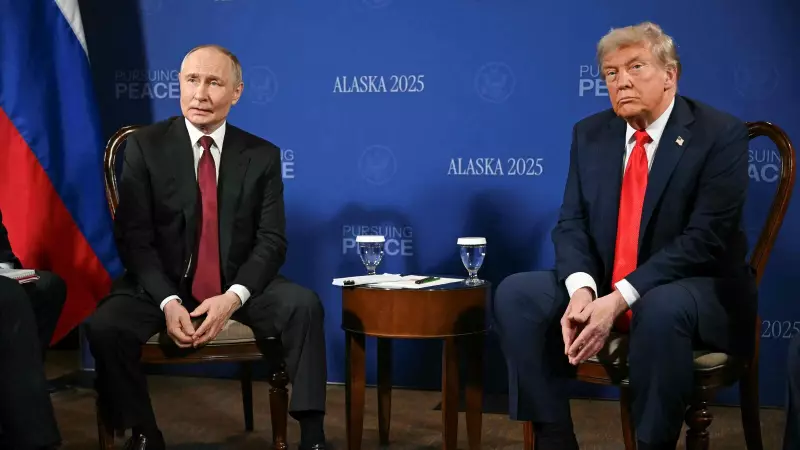
The once-cordial relationship between former US President Donald Trump and Russian leader Vladimir Putin has reached a critical breaking point, marking a significant shift in international diplomacy. What caused this dramatic turnaround in one of the most watched geopolitical relationships of our time?
The Turning Point: Ukraine Invasion Changes Everything
According to political analysts and recent statements, Putin's full-scale invasion of Ukraine in February 2022 served as the primary catalyst for Trump's changing perspective. The former president, who had frequently expressed admiration for the Russian leader during his presidency, now finds himself at odds with Putin's aggressive military actions.
From Praise to Criticism: Trump's Evolving Stance
During his presidency, Trump often avoided criticizing Putin directly and even questioned US intelligence findings about Russian interference in American elections. However, recent months have seen a remarkable transformation in his rhetoric.
Key changes in Trump's position include:
- Public condemnation of Russia's invasion of Ukraine
- Calls for stronger support of Ukrainian forces
- Distancing himself from his previous friendly approach to Putin
- Emphasis on American strategic interests over personal diplomacy
Domestic Political Pressure Mounts
The shift also reflects growing pressure within Trump's political base and the broader Republican party. Many conservative lawmakers and voters have taken a strong pro-Ukraine stance, creating political incentives for Trump to adjust his position accordingly.
Strategic Calculations Behind the Change
Political strategists suggest several factors influencing Trump's repositioning:
- 2024 Presidential ambitions: A softer stance on Russia could hurt his potential election campaign
- Bipartisan support for Ukraine: Majority American opinion favors supporting Ukraine against Russian aggression
- Geopolitical realities: The invasion has fundamentally altered European security dynamics
- Historical legacy: Avoiding association with an increasingly isolated Russian leader
International Implications of the Shift
This changing dynamic between two of the world's most prominent political figures carries significant implications for global politics. The breakdown in their relationship could signal:
- Harder line against Russian expansionism in future US policy
- Reduced prospects for US-Russia cooperation on other issues
- Potential changes in how other world leaders approach Moscow
- Impact on ongoing conflicts and diplomatic initiatives
The evolution of Trump's stance toward Putin represents more than just personal diplomacy—it reflects the complex interplay of domestic politics, international relations, and changing geopolitical realities that continue to shape global affairs.





